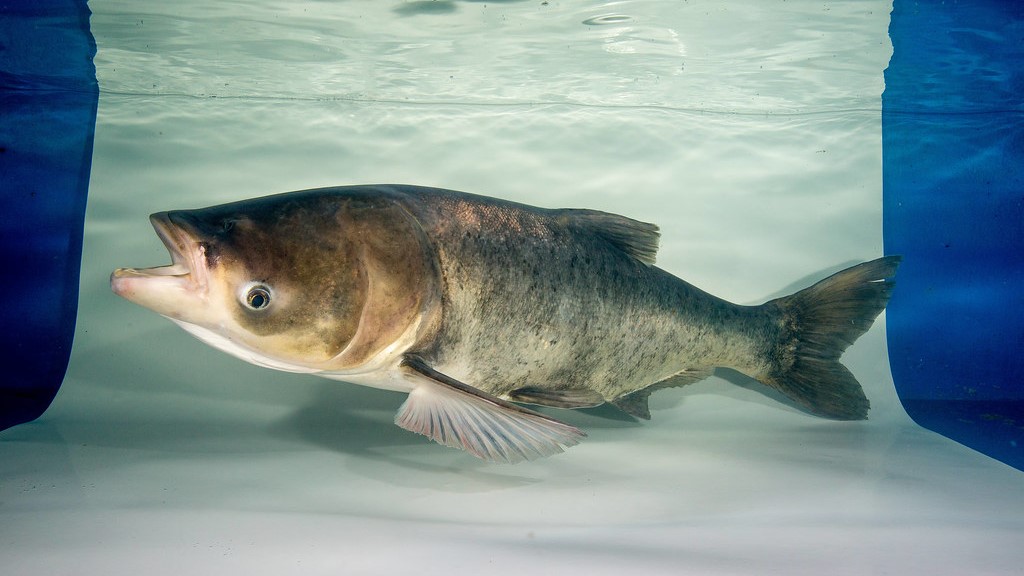
Local
Invasive carp found in the Mississippi
The Minnesota Department of Natural Resources confirmed on Friday that they had captured a bighead carp, two silver carp, and detected a third tagged silver carp over the past few weeks in the Misissippi River in the southern part of the state.
Invasive carp have been moving upstream in the river since escaping into it in the 1970’s, and have been caught as far upstream as the Twin Cities. These “Asian” carp species were originally brought into the United States to control weeds and parasites in aquatic farms. The fish can out-compete native species and are thought to lower water quality, killing sensitive species like freshwater mussels.
“It is unusual that several of a single species would be captured in a short span of time. But, given the persistent high water this spring, this is not a surprise,” said DNR invasive fish coordinator Nick Frohnauer. He added that while the DNR is very concerned about the carps’ potential impacts, fortunately, the individual adult fish captures don’t yet indicate reproduction or an established carp population.
Minnesota Department of Agriculture
National Park Service
National
States split along political lines on approaches to climate change
A number of states are starting to pass far reaching environmental and climate bills, such as New York’s, passed last week, which strives to cut net greenhouse gas emissions to zero by 2050. In Oregon, a bill which requires companies to pay for carbon dioxide emissions is close to passing, similar to a law already in existence in California. These bills ambitiously try to reorient the states’ economies around clean energy.
The bills, however, are being passed almost entirely in Democrat controlled states. With President Trump’s cuts in environmental regulations, Republican controlled states have the most leeway they’ve had in years to not enact stricter policies. For example, Governor Larry Logan of Maryland is the lone Republican out of the 15 governors who support 100 percent clean electricity goals.
The politics and economics of the situation are closely intertwined. State with stricter environmental regulations will risk losing valuable industry, while those without could be left behind in the future as clean energy hubs are created in the more progressive states. In 2016, the 14 states with the least carbon intensive economies voted for Hillary Clinton, while 26 of the 27 most intensive voted for President Trump.
The divide will be challenging to navigate for industry, as automobile manufacturers, for example, could have to make different products for different states depending on regulations. “What we’re seeing is a tale of two climate nations,” said Barry Rabe, a professor of public policy at the University of Michigan. Yet for those who are concerned about climate change, this contrast is troubling. “Ultimately, if you want to tackle climate change,” said Dr. Leah Stokes, a professor of political science at the University of California, Santa Barbara, “you can’t just win in the liberal states.”
International
African swine fever in Laos
Last Thursday, Laos confirmed its first outbreaks of African Swine Fever in the southern province of Saravane, according to the World Organization for Animal Health. The disease led to the deaths of 973 animals.
China and Thailand immediately banned imports of pigs from the country.
The disease is incurable in pigs with no commercially available vaccination. It has spread across China and Vietnam since first being detected in China in August of last year.
For near real-time updates on the current status of African swine fever, check out CAHFS' swine disease global surveillance project monthly reports.
Questions, comments, feedback about today's Weekly Update? Please email Dr. James Kincheloe.
Receive the Weekly Update right in your inbox on Tuesdays and Thursdays. Subscribe now at z.umn.edu/WeeklyUpdateSubscribe
